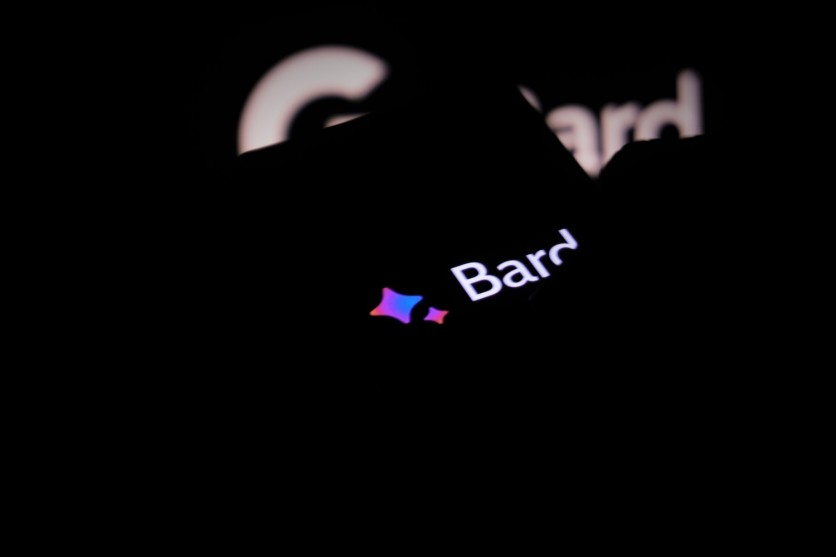
The likes of Google Bard and ChatGPT are accessible to all users, but that doesn't mean that it's already approved by everyone. With sources claiming that these AI chatbots can share your chats, some website owners prefer to opt out of them.
Google, for instance, is now allowing websites to block Bard from using their content in data training.
Empowering Web Publishers with Google-Extended
According to Android Police, the recent development is part of an update to web publisher controls, as Google rolls out its standalone generative AI web crawler named "Google-Extended." This new offering enables web publishers to selectively opt out of Google's web crawler's activities on their sites.
Like other crawlers, Google-Extended adheres to the directives provided in a website's robots.txt file to ascertain which pages it can and cannot access. With this tool, web publishers gain the ability to prevent Google-Extended from visiting and utilizing their web content. I
n the past, publishers had only one option: opting out of Google's crawler in its entirety. This wasn't an ideal solution, especially when considering the dominance of Google Search in the market.
Halting More than Just Bard AI Chatbot
The capabilities of this tool extend beyond excluding Bard from website crawling. It also provides the means to halt Google's Vertex AI, with the added assurance that it will put the brakes on any future AI model generations. This comprehensive control marks a significant stride towards safeguarding website content.
While other AI companies employ web crawlers to scout the web for content to fuel their generative AI products, many publishers have already opted out of such practices.
Nevertheless, the unique challenge with Google lies in the close relationship between Google Search and Bard. Questions arose about how to prevent Google from using website content for its AI without inadvertently blocking Google Search's content crawlers, which could have detrimental consequences for a website's performance on Google Search.
Bard's Evolution and Enhanced Functionality
Google Bard has evolved significantly since its inception. It now integrates seamlessly with various Google services via extensions, granting access to data from Google Flights, Hotels, Maps, YouTube, and even your Google Workspace. This integration streamlines access to information and facilitates quick content generation without convoluted workarounds.
To ensure the accuracy of information provided by Bard, Google has introduced a verification mechanism. Users can easily cross-reference the information through an automated Google search, mitigating the issue of generative AI products occasionally providing inaccurate responses.
Furthermore, Bard's versatility extends to image processing, as it can accept user-uploaded images via Google Lens and even generate images itself from Google Images.
Dynamic Landscape of AI Models
While Google Bard continues to make strides, other AI models are also advancing. OpenAI's ChatGPT, for instance, now possesses the capability to search the web, a feature that was absent in its initial release. This expansion of capabilities underscores the ever-evolving and dynamic nature of the AI landscape.





